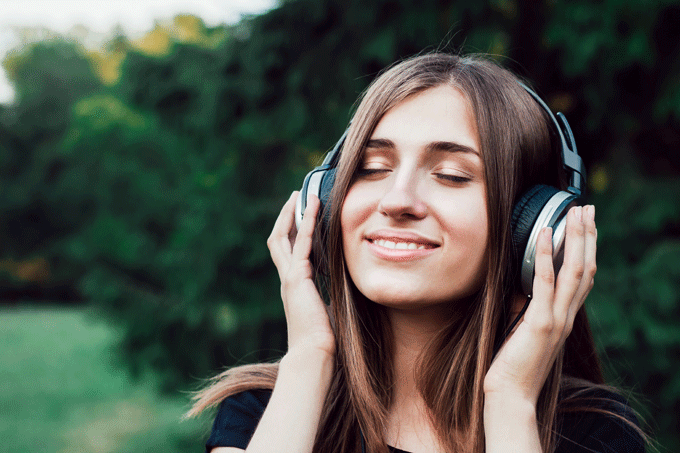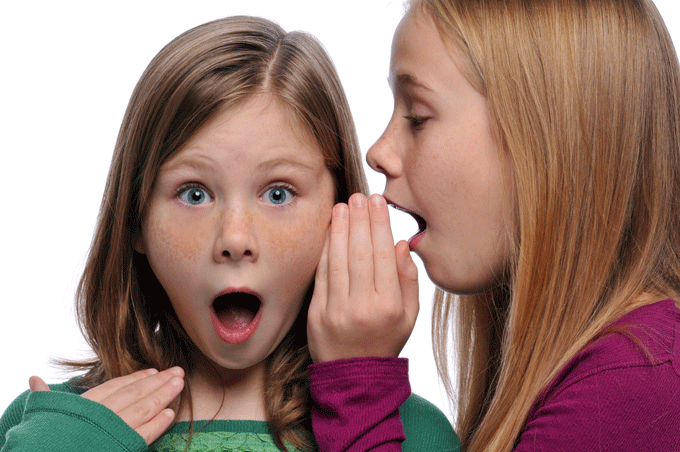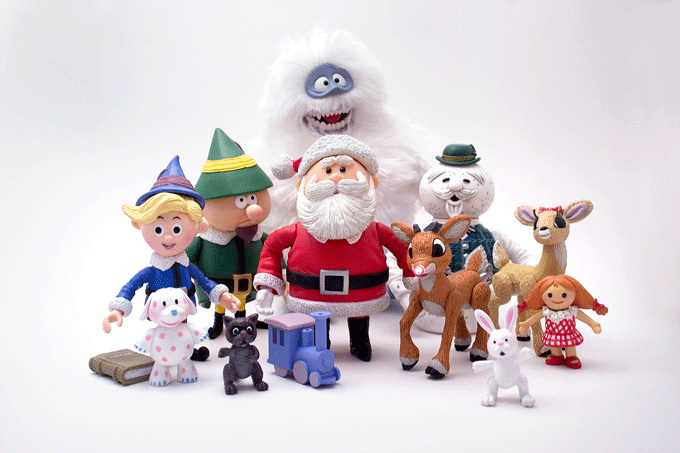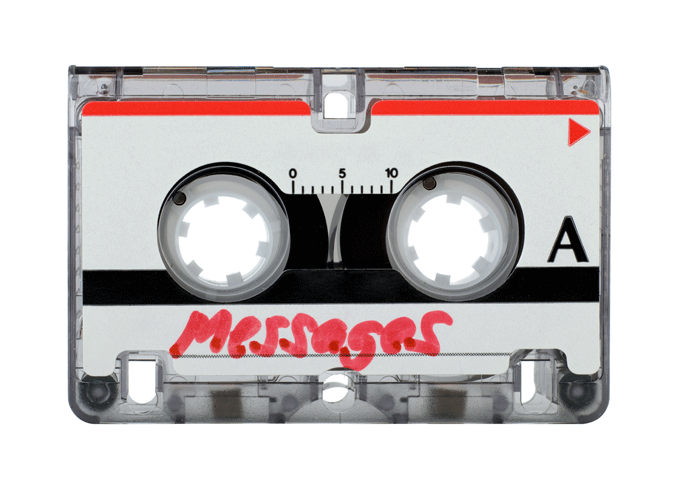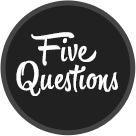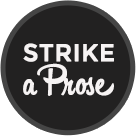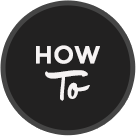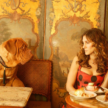Your Life, Only More Beautiful
We're getting better, not older.
By Maryann LoRusso

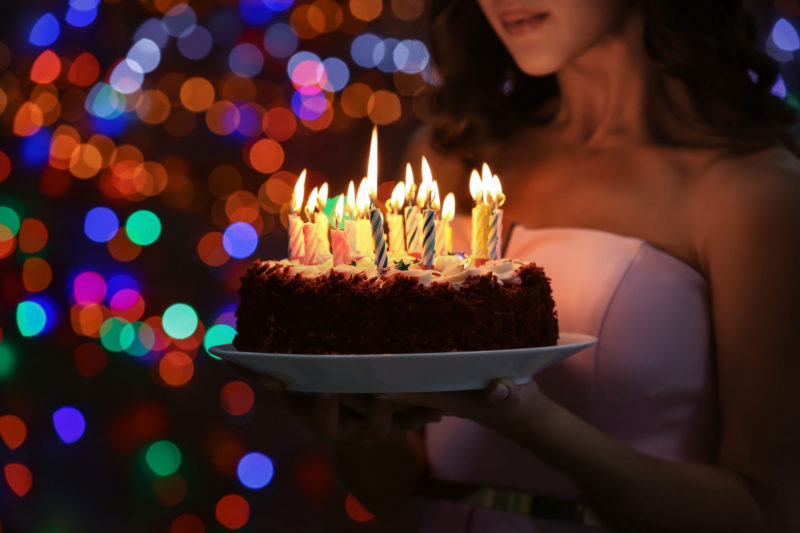
Landmark birthdays—you know, the ones with a zero at the end—never bothered me. But for some reason, the year before a big one always hit me hard. Blowing out 19 candles signaled that I had just one year to enjoy the rest of my tenure as a carefree
teenager. Turning 29 meant the clock was ticking on my twentysomething status. And celebrating my 39th started the countdown to my induction into middle age. Don’t even get me started on 49, which was accompanied by a more intense version of the same foreboding: “This is it! The final year before all hell breaks loose!”
So far, all hell has not broken loose.
Instead, my twenties ended up being an exhilarating marathon of love, career and travel. My thirties were a joyous blur of childrearing and community building. And my forties were a decade of personal and spiritual growth. I’m a relative newbie in the 50-plus camp, but every day I’m more curious about the challenges, evolutions and epiphanies that lie ahead.
Looking back, I think the reason for my uncertainty about aging is that midlife is often depicted as a big ol’ dead end. In corporate America’s quest to sell expensive face creams, prescription meds and self-help books, we are constantly being told what we’re getting less of as time goes by: Less career opportunity. Less time with our kids before they grow up and leave us. Less sex drive. Less memory retention. Less muscle mass and collagen. And let’s not forget less estrogen! We’re regularly reminded how that elusive little hormone is plummeting faster than we can say HRT.
It’s enough to make you lock yourself in your anti-aging-cream-stocked bathroom and cry. Until you realize that buried under all this negative midlife hype is a muffled little message trying to break through to the surface—the news that in our 40s and 50s we actually have so much more, not less, of some significant stuff. And that we have so much more to offer the world.
For one thing, we have more experience—which gives us more perspective, clarity and insight. Hopefully, we have more focus on what matters in life, as well as more compassion for ourselves and others. We have more humility—we definitely have a surplus of that. Midlife is also accompanied by more meaningful relationships. More self awareness and confidence. More peace of mind. I would argue that for some women, this life stage also comes with more sex appeal, stamina, career growth and glow—c’mon, have you seen J.Lo lately? I know in my heart that more adventures, connections and illuminations lie ahead. In fact, ladies, I would argue that life can be more interesting and fulfilling than it’s ever been.
It can be more beautiful.
That’s not to say we don’t feel our age sometimes. Reading glasses suck. Crow’s feet are no fun. I’m not in denial or suggesting the struggle isn’t real—just ask my soaked sheets after an occasional night sweat. Like you, I want to know why it’s suddenly so challenging to keep the weight off, or have a glass of wine without waking up at 3 a.m. My girlfriends and I discuss these topics all the time. Almost every conversation touches on something involving our age, and it’s not all superficial (like who’s going to be the first to try a cosmetic procedure). Heavy issues like career uncertainty, health scares, empty-nest syndrome, midlife dilemmas, and aging parents are also top of mind. But no matter how real and fraught our discussions are, they always end with us laughing about how we’d rather be this age than 25. Or even 35.
I’m a person who likes to dig for answers. However, during my quest for age-related enlightenment I found that most women’s health and lifestyle resources clump all females into one huge demographic. But do those workouts and beauty regimes fare as well for us as the thirtysomething set? Is that career and financial advice relevant to someone who’s been in the workforce for more than two decades? Are we facing the same relationship challenges that we did when we were younger? No, no, and absolutely not. I wanted information specifically tailored to our age group, that was relevant to us right now. But it just wasn’t out there.
That’s what I want More Beautiful to be for you: an age-appropriate resource, sounding board and community all in one. Together, we’ll come up with strategies and solutions for both our serious and not-so-serious midlife issues. We’ll put everything into perspective—did I mention we now have more perspective? I promise, we’ll tackle even the hardest topics with lively discussion and a good dose of humor.
It may not always be fun getting older, but supported by a community of likeminded women it feels totally doable, even exhilarating. So c’mon, grab your Peepers and all the self-compassion you can muster. Together, we’re gonna do this thing.
xo Maryann
This story first appeared in More Beautiful, a new website and podcast geared toward women in their 40s and 50s. Please visit More Beautiful for more stories, more conversations, and more inspiration for smart, savvy women navigating midlife.

